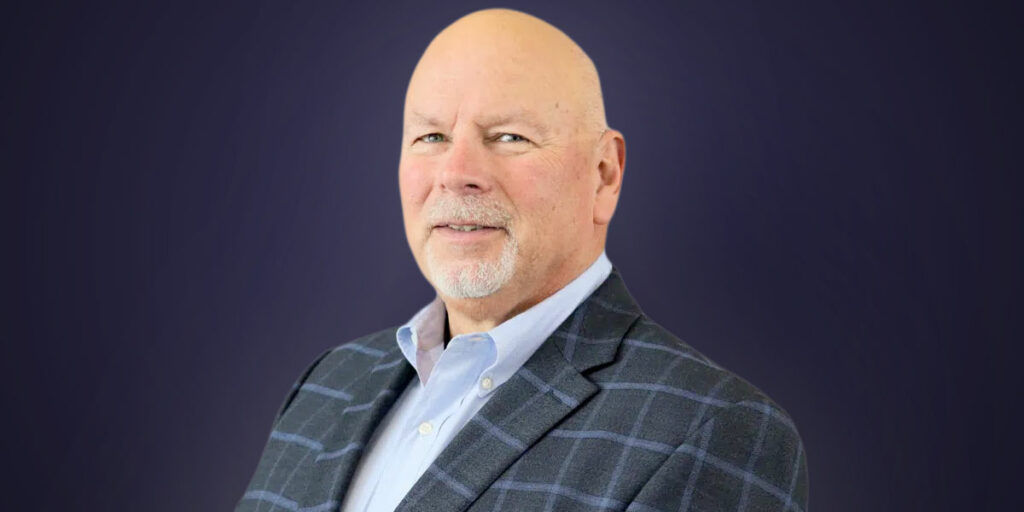WHNT in Huntsville on Saturday ran a story about an Alabama pastor’s personal experiences with mental illness, suicide and spirituality.
The report opened by noting that many “Christians would say you don’t question God ever,” even when it comes to the important topic of mental illnesses like depression and anxiety.
Steve Lacy, a teaching pastor at the Madison campus of Willowbrook Baptist Church, argues that it should not be that way, as “the Bible is filled with examples of people who struggled through periods of darkness and despair.”
WHNT’s Clarissa McClain quoted the following scripture in her report:
The prophet Elijah cried out to God saying, “I have had enough, Lord, take my life!” – 1 Kings 19:4
Job said, “I loathe my very life!” – Job 10:1
King David asked, “My God, my God, why have you forsaken me? Why are you so far from saving me?” – Psalm 22:1
“Do you know the feeling? Loving God and not loving yourself,” McClain posited. “Being filled with the Holy Spirit and thoughts of suicide. If you’re enduring that internal tug of war, it’s isolating, exhausting and defeating.”
Lacy knows about the perceived battle between faith and illness all too well.
“When you go through something like this, you really feel like God is distant,” Lacy outlined. “You feel like he’s either not there or doesn’t care.”
He added to McClain, “Depression is always a tough thing. Many people equate that with if you’re depressed, you can’t be connected to God.”
Lacy then shared his moving experience with depression and overcoming the loss of his first wife, Felicia, to suicide.
“I have a son who has Down syndrome and I went through one of the lowest lows of my life when he was born and I saw he had Down syndrome,” he explained.
His wife suffered from depression, too.
“I remember it was April first,” Lacy detailed. “She was just having a very, very low day.”
Felicia was diagnosed with depression and borderline personality disorder, McClain noted.
He continued, “In between the worship time and my time to speak, I went to check on her and the person in the nursery said she was really having a terrible time. She was just crying so she went on home. And so I thought she’s really going through a low point again.”
After finishing the worship service, Lacy left the church to go home.
“When I came to the house, it was dark,” Lacy recalled. “I called for her and didn’t see her. And I thought, ‘I ought to check in the garage and see if the car is there or not.’ Maybe she’s taken a walk.”
However, his worst fear was realized.
“I opened the garage door and she had taken her life,” Lacy stated.
Felicia was under professional care at the time of her death. While it did not ease Lacy’s sorrow and guilt at the time, he knew he had done the right thing in getting his wife help.
“I can look back and say I didn’t try to handle it on my own,” Lacy said. “I realized it was beyond me.”
For others facing the struggles of mental illness, Lacy explained that treatment is the best course of action.
“The biggest danger that you fall into is thinking you’re a mental health professional,” he advised.
Lacey added, “Understand this is so much more pervasive than you realize. There are kids, maybe your kids, who have actually thought about it. In their mind, they have imagined what it would be like and, for a moment, thought, ‘I’d be better dead.’ You don’t need to minimize that.”
Lacy emphasized the importance of professional help.
“Unfortunately, I’ve heard pastors say that if you really love and trust God you wouldn’t need medication and, to me, that’s so untrue.”
Lacy also emphasizes that God’s love, while complex, is very real.
“God is good; life isn’t – don’t confuse the two,” Lacy said.
“At one point, I hit a key point where I realized, I could have all God’s grace and all God’s peace without all God’s answers. I think that is the point in which you can say, ‘I’ll never be able to make sense out of this and I’ll never totally understand this.’ That doesn’t mean God can’t give me hope and peace and grace. Because sometimes what you become is a hope to somebody else,” he concluded.
Pastor Lacy encouraged believers and nonbelievers alike “to be the hope and light that could guide someone out of a dark place and from making a tragic and permanent mistake.”
Resources to call, per WHNT:
National Suicide Prevention Lifeline:
1-800-273-TALK (8255)
Crisis Text Line
Text ‘home’ to 741741
Watch the full report:
Sean Ross is a staff writer for Yellowhammer News. You can follow him on Twitter @sean_yhn













